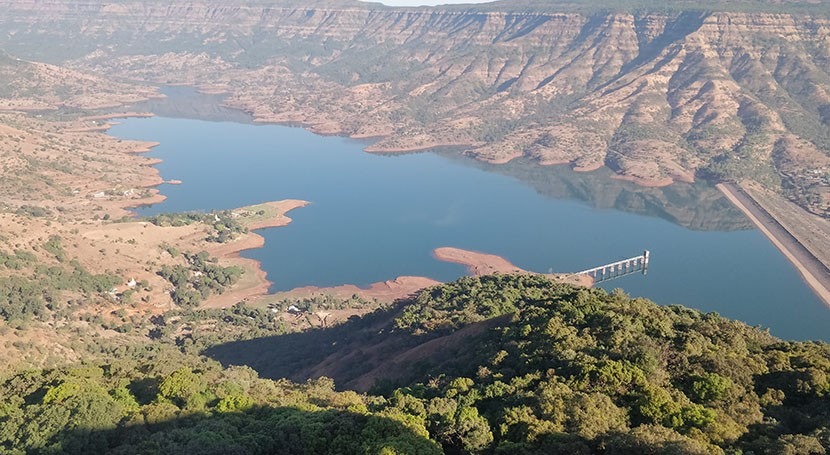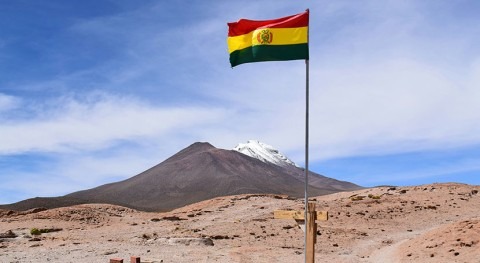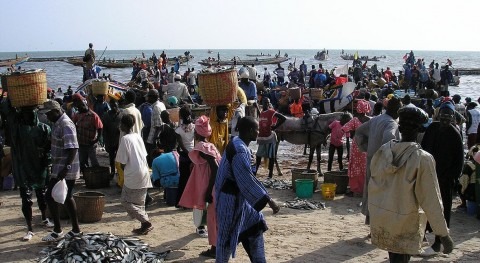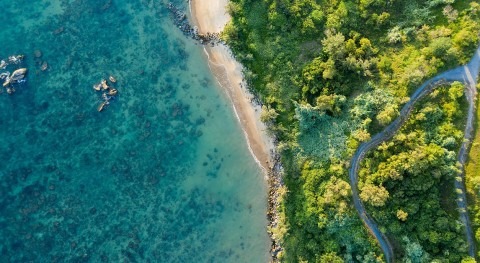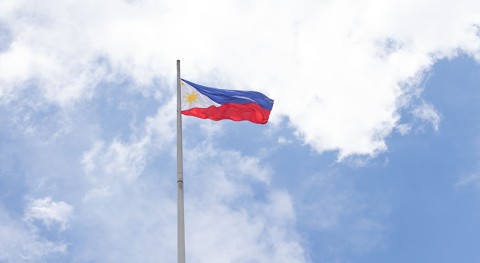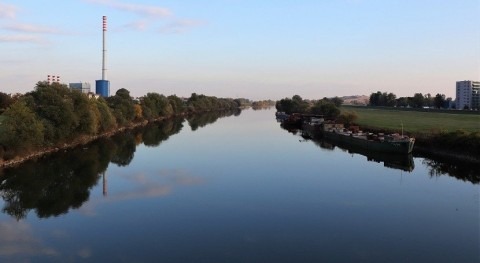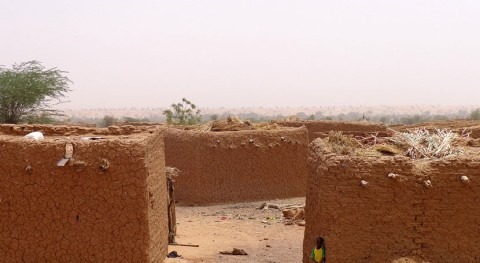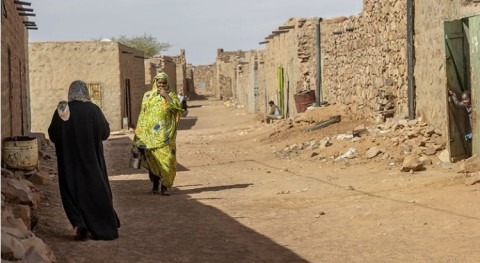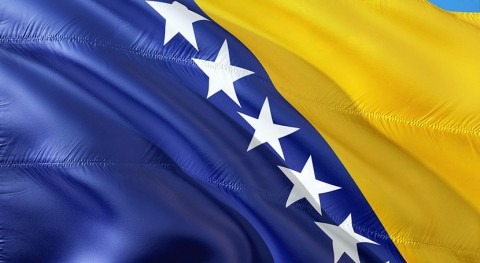The World Bank’s Executive Board of Directors approved a $363 million loan to the southern Indian state of Karnataka to provide clean drinking water supply to 2 million rural households in the state through a piped water connection in their homes.
Almost 77 percent of Karnataka is arid or semi-arid and is vulnerable to climate-change-related variable rainfall causing droughts and floods, and leading to groundwater depletion, and deteriorating water quality. The Karnataka Sustainable Rural Water Supply Program will support the Government of Karnataka’s ambition to provide functioning tap water connections to every rural household in the state. This will include the construction of the drinking water distribution network and the installation of water meters in rural households and will benefit around 10 million people across all 31 districts in the state.
“Gender parity is at the heart of our support to India’s target to get piped water to all rural households,” said Auguste Tano Kouamé, the World Bank’s Country Director for India. “Importantly the Program will enhance the capacity of rural local governments to manage water supply services efficiently which will directly benefit women especially, as they bear the biggest burden of fetching water. They will now have better health and have more time to pursue opportunities for education and formal jobs.”
Although Karnataka has made progress on rural water supply over the past decades, inadequate capacity at the local and village levels has led to setbacks. To address this, the Bank’s Program will support the state government to introduce policies and result-based initiatives that are expected to improve the overall operational efficiency in the delivery of rural water supply services. Also under the Program, around 500 rural water reservoirs in 7 water-stressed districts[1] will be revived to help increase water storage capacity and groundwater recharge.
“Through the Program, the World Bank and the state of Karnataka seek to demonstrate 24/7 water supply service in at least 500 Gram Panchayats,” said Kristoffer Welsien and Mr. Mariappa Kullappa Task Team Leaders of the Program. “The Program will develop an advanced sector monitoring system for rural water service delivery and provide on-the-job skills training to around 3,000 rural women to be employed as plumbers.”
The $363 million loan from the International Bank of Reconstruction and Development (IBRD), uses the Program-for-Results (PforR) financing instrument that links the disbursement of funds directly to the achievement of specific program results. The loan has a maturity of 13.5 years including a grace period of 2 years.


